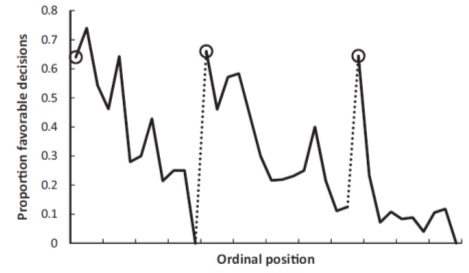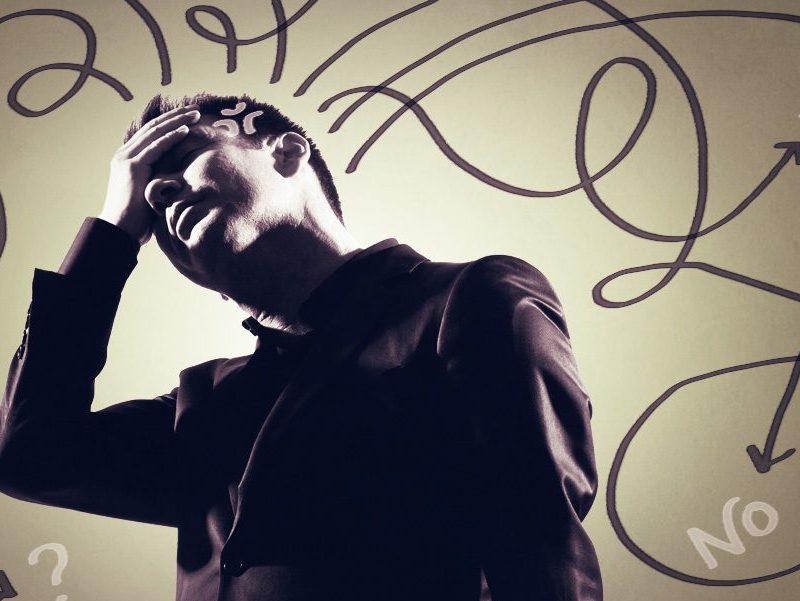In a previous article, I wrote about biases in strategic decision making, the importance of recognising them and how counter measures can avoid subconscious biases from derailing critical decisions.
All of us make thousands of decisions every day. As executive coaches we often act as sounding boards for key decisions and choices that senior leaders need to make.
Typical business scenario
It is a frequent approach in meetings for someone to present information and to argue for a certain course of action.
If the decision is big and complex the meeting is likely to drag on, with the presentation of graphs and arguments, followed by opening up for counter arguments and discussions.
An hour or maybe several hours later, the chair of the meeting will notice the time and, keen to close the meeting, pushes the participants to come to a decision. But is this the best time to ask for a decision to be made?

Making decisions when tired
A study conducted by the National Academy of Sciences in USA and referred to by M. and A. Riabacke in their book “Freestyle Decision Making”, discussed the review of more than 1,100 requests for pardons and sentence reductions in US law courts. In particular, the study focused on the decisions made by the judges.
The study found that the probability of being granted a pardon or reduced sentence was approximately 65% when the proceedings began in the morning. This probability would drop to almost nil before the first coffee break.
Immediately following the break, the probability would again start at 65%, only to drop to nil before lunch time. The pattern repeated for the third session after lunch.
The conclusion: When a person is tired they are more likely to say “no” and to go for the ‘safe’, simplest option. When fresh, a person will have more capacity to take a balanced, objective view and bring more perspectives into the decision.
Our cognitive resources are finite and easily depleted, and “decision fatigue” will influence the quality of our decisions. Research consistently shows that when our brain is tired we become more reliant on simplistic and less effective thought processes.
So what can you do?
A good mnemonic to remember is to HALT. Don’t make important decisions if you are:
- Hungry
- Angry
- Lonely
- Tired
- In scenarios such as the long meeting described above, consider whether to have a break before making the decision (particularly if you want the audience to take an objective, balanced view on a risky decision!)
- Make key strategic decisions early in the morning or shortly after returning from breaks.
- Recognise “decision fatigue”, so if you have many decisions and choices to make, break them up into smaller sets as your capacity to stay focused and rational will diminish in a short space of time (for example if you are sifting through a long list of candidates for a new role).
- Make big decision early in the day, and less critical choices later.
- Consider what you eat at lunch as your blood sugar and energy levels can drop in the afternoon, which will affect the quality of decisions.
- And to turn this on its head: If you have made a lot of tough choices and decisions at work, be careful what food you chose when you buy it after work – experiments have shown that people who have completed mentally challenging tasks are more likely to make unhealthy food choices.
- And for coaches: Consider whether asking a coachee to make importance decisions and choices after an hour or two of intense coaching is appropriate and safe?
- Think ahead – circumstances can force your hand.
- Sleep on it! The old adage is as relevant as ever.
What is your experience with decision fatigue? How do you cope when you are tired?
See our Improved Decision Making course
Back to News & Blogs Overview
